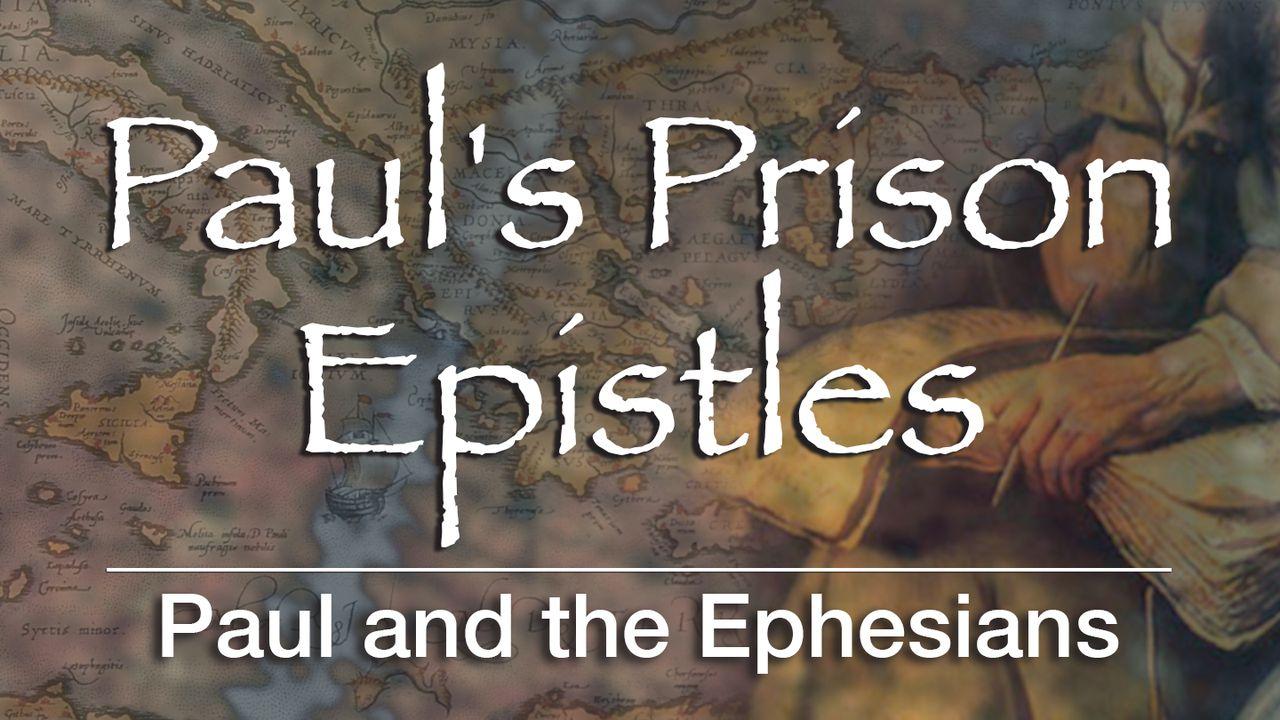Paul's Prison Epistles: Paul and the Ephesians预览

Building the Kingdom: Ephesians 2:19-22
To help us understand how to build the kingdom of God on earth, Paul employed a number of metaphors. Each one offered insight into how the citizens of God’s kingdom are to relate to one another and to Christ, as well as into how we are to cooperate in growing God’s kingdom. We will mention two such metaphors, beginning with the way Paul compared the kingdom to God’s temple. Consider Paul’s words to the Gentile Christians in Ephesians 2:19-22:
You are … members of God's household, built on the foundation of the apostles and prophets, with Christ Jesus himself as the chief cornerstone. In him the whole building is joined together and rises to become a holy temple in the Lord. And in him you too are being built together to become a dwelling in which God lives by his Spirit (Ephesians 2:19-22).
Paul taught that the Gentile Christians were full citizens in God’s kingdom, with equal status to the Jewish Christian citizens. And to emphasize this fact, he described the kingdom of God as a building, with each Christian being a stone in the structure.
In this metaphor Christ has the position of preeminence, being the cornerstone of the foundation, the one on which all the other stones rely, in whom the whole building is united. The apostles and prophets held positions of high authority under Christ, being specially called as his representatives. All other Christians are stones in the structure, without distinction among us.
Now, the goal of this building was to become God’s dwelling so that God could live in the midst of his people. The nation of Israel realized a blessing like this in the Old Testament, especially through the Temple in Jerusalem, just as Solomon proclaimed in 2 Chronicles 6. But the Old Testament also taught that the Gentiles would eventually live in God’s presence, too. For example, consider God’s words in Isaiah 66:19-20:
They will proclaim my glory among the nations. And they will bring all your brothers, from all the nations, to my holy mountain in Jerusalem as an offering to the LORD (Isaiah 66:19-20).
In this passage God taught that when he restored the kingdom to Israel — which he began to do in the New Testament through Jesus — the Israelites would return to the Temple in Jerusalem to worship the Lord. And strikingly, the Gentiles would come with them, actually bringing the Israelites to God as a holy offering from the nations.
So, when Paul taught that both Jews and Gentiles would live in God’s presence as his Temple, he meant that God’s kingdom was moving toward its final goal. This meant that God’s kingdom blessings were now being extended to all races. But why did Paul use this specific metaphor? Appropriately, he used it to foster racial reconciliation between the Jews and the Gentiles in the church.
读经计划介绍

This plan examines how Paul designed Ephesians to teach Christians how to build, maintain and thrive in God's kingdom.
More




